An Indian social media influencer has been denied bail by the Punjab and Haryana High Court after at least 71 individuals reported adverse reactions linked to a homemade hair oil he promoted.
The incident occurred on 16 March in Sangrur, Punjab, during an unauthorized hair treatment camp conducted by Amandeep Singh, a local salon owner with more than 85,000 followers online. Singh allegedly claimed that his self-made hair oil could cure baldness and applied it to attendees during the event.
Following the application, individuals were instructed to wash off the oil after 10 to 15 minutes. Many reported experiencing a burning sensation in their eyes, facial redness, and swelling. According to The Times of India, local doctors confirmed treating multiple patients the next day and diagnosed the symptoms as contact dermatitis. Out of approximately 500 attendees, 71 suffered noticeable adverse effects.
The oil was reportedly sold at ₹1,300 (approx. £11.42). Medical experts also warned that if the substance had affected the cornea, it could have led to permanent vision loss.
Authorities later confirmed that Singh had not obtained official permission to organize the camp. In court proceedings on 12 May, Singh’s legal counsel claimed that the influencer had applied for a patent for the hair oil and suggested the reactions occurred due to improper usage by the victims. He also argued that Singh was a hairstylist who intended to help people dealing with hair loss.
However, the High Court rejected Singh’s plea for anticipatory bail and issued a strong statement condemning the irresponsible promotion of unverified products by internet personalities.
“This is yet another unfortunate example of internet-famous, unqualified quacks taking advantage of the common man’s insecurities,” the court remarked in its order, as reported by Live Law. It highlighted the societal pressures that drive individuals to undergo risky treatments in pursuit of idealized beauty standards.
“In this day and age, where social media and marketing agendas deeply affect one’s self-esteem, we, as a society, must endeavour to promote authenticity over curated perfection,” the court added. “Advertising tall, misleading claims without scientific backing must be condemned.”
The case has raised serious concerns about the unchecked influence of social media creators in the health and wellness space, and the urgent need for stronger regulatory oversight.






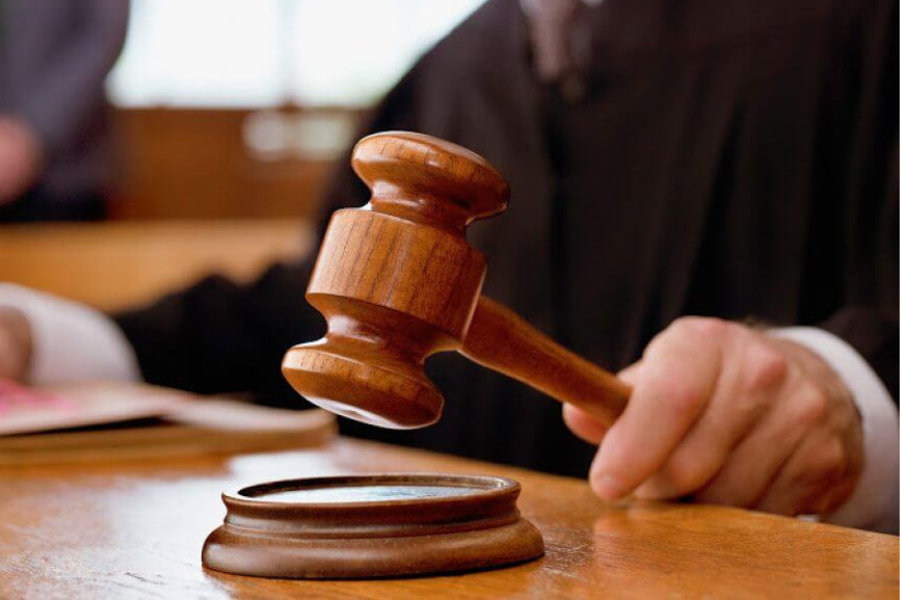
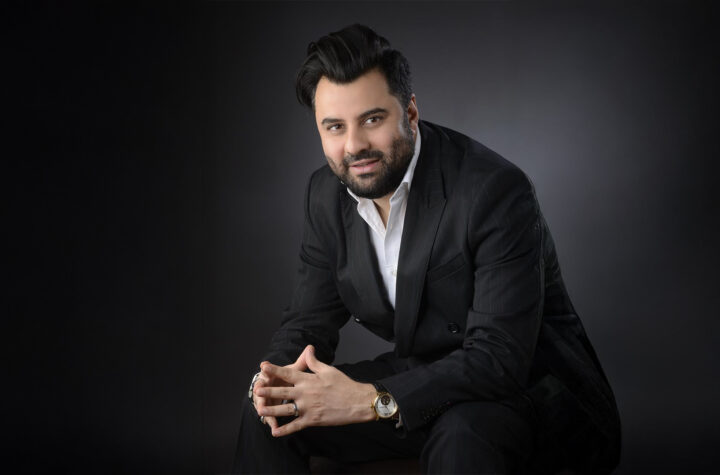
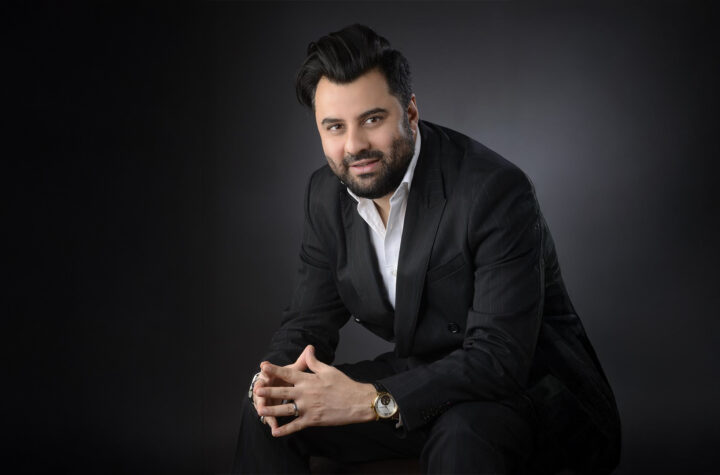
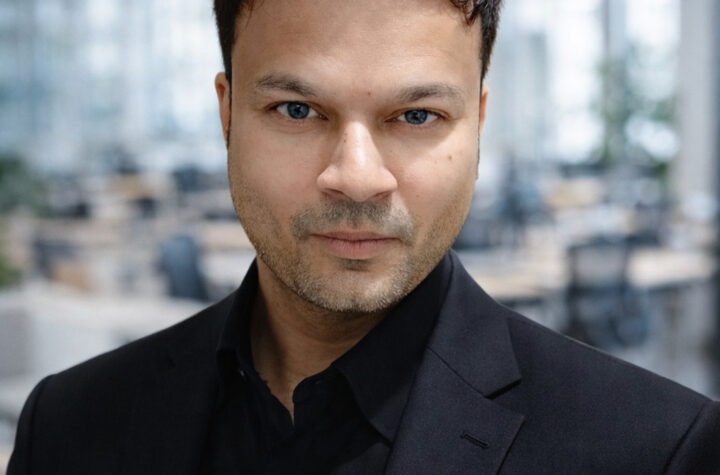
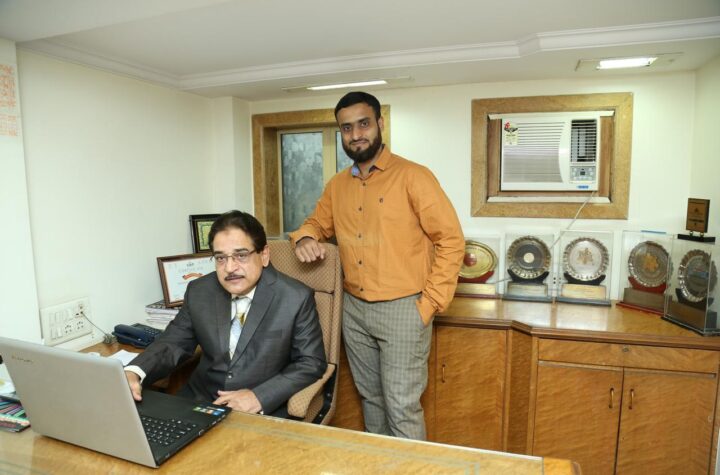
More Stories
Kashmir Attack Hero Calls for Unity Amid Rising Islamophobia in India: ‘We Saw Humans, Not Religion’
JD Vance Says Wife Usha Is a ‘Celebrity’ in India During Family’s Cultural and Trade-Focused Visit
The Supreme Court decided not to pay more compensation for victims of the Bhopal gas tragedy.